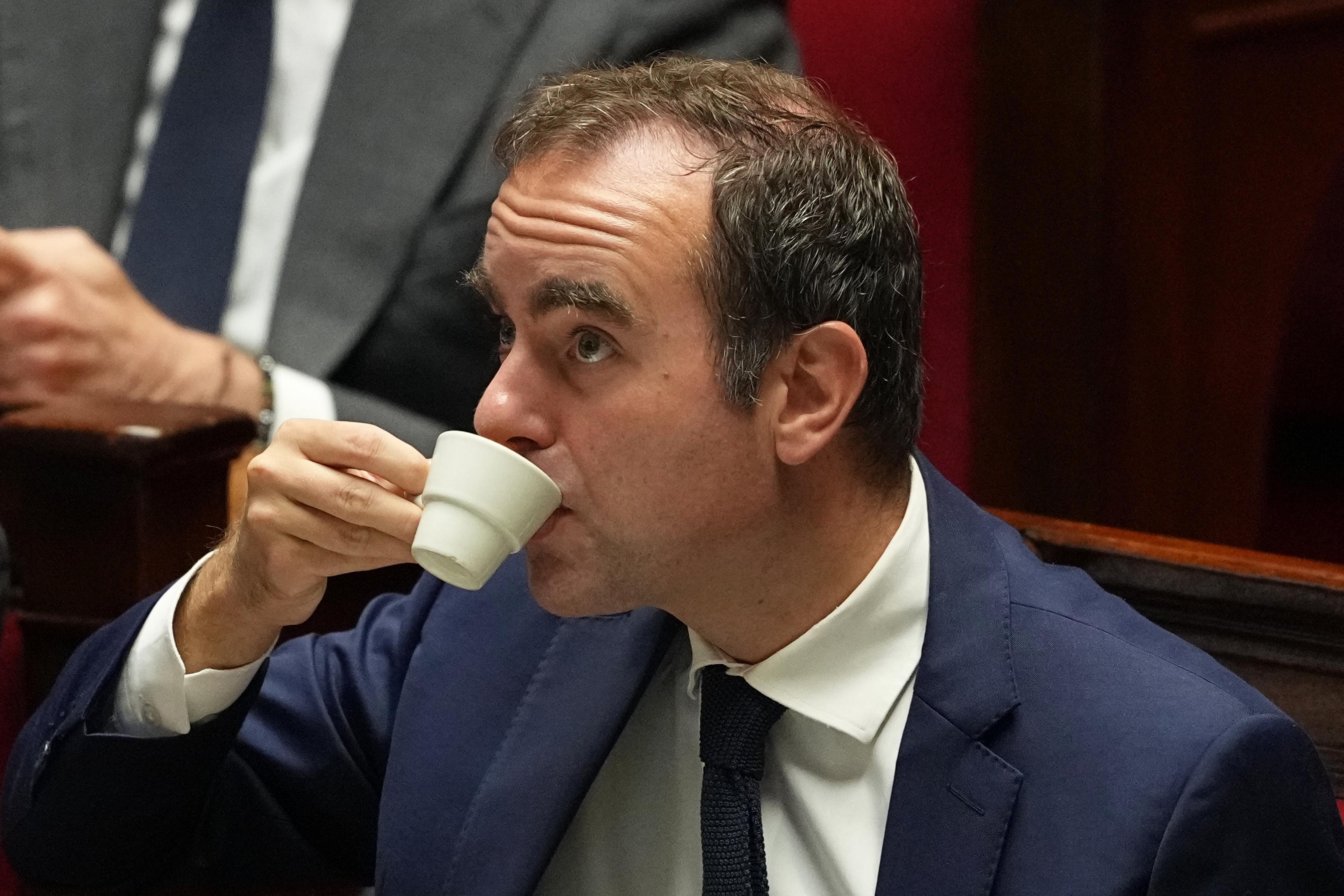French Prime Minister, centrist Sébastien Lecornu, survived the first vote of no confidence against his government presented by La France Insoumise by just 18 votes (271 against the 289 needed for a parliamentary majority). Lecornu passed the first test with a very close result, thanks to the "lifeline" from the Socialist Party, which ensured support in exchange for the temporary suspension of the pension reform announced earlier this week. Seven ultimately defected.
Lecornu also survived the second vote of no confidence, presented half an hour later by Marine Le Pen's National Rally, which had considerably less support (144 votes in favor). The Prime Minister emerged relatively "touched" from the double test, awaiting the 2026 budget battle, which will reach Parliament on October 24.
The parties measured their strength in the debate that began in the National Assembly early in the morning. It was estimated that 265 deputies could vote in favor of the vote of no confidence, which would have needed a majority of 289 votes to succeed. The threat of last-minute defections - both from the Socialist Party and from the moderate right of The Republicans - however, suggested a close result.
"This is obviously the moment of truth", Lecornu warned at the start of the debate. "Do we support public order or do we support disorder? History will judge very harshly the political maneuvers of those who have turned the National Assembly podium into an advertising platform."
Lecornu accused both Marine Le Pen's National Rally and Jean-Luc Mélenchon's La France Insoumise, promoters of the double vote of no confidence, of wanting to use the 2026 budget as a "hostage" for their political ambitions to dissolve Parliament and call for early elections.
Laurent Baumel, spokesperson for the Socialist Party, assured Lecornu from the outset that his group's decision not to support the vote of no confidence "cannot be understood as a non-confidence pact" in the future. Baumel welcomed the suspension of pension reforms but warned that his deputies are not willing to vote in favor of "a recessive and unfair budget."
Despite the commitment announced on Tuesday, at least four Socialist deputies anticipated in advance that they would break the voting discipline and support the censure of Lecornu. In the ranks of The Republicans, despite having six ministers in the new government, dissenting voices were also heard.
"France's credibility is at stake", warned The Republicans' deputy Jean-Didier Berger, when anticipating that his group "will not vote in favor of the censure for national interest." "The majority of the French are against this censure and in favor of providing France with a budget before the end of the year," emphasized Berger.
Eric Ciotti, at the head of the Union of the Right for the Republic, took the opportunity during his intervention to call for insurrection among his former colleagues and to join the large right-wing bloc with Marine Le Pen to "put an end to the chaos of Macronism" with new early elections: "Let the French people have their say."
"You will not escape the vote of the French," proclaimed Marine Le Pen. "You set the country on fire 18 months ago and you are still sitting in a chair that is already very worn out."
Sébastian Lecornu, 39, considered the "protégé" of Emmanuel Macron, resigned after 27 days of being appointed Prime Minister and returned to the position five days later with the mission of approving a budget for 2026 and avoiding the dissolution of the National Assembly and the calling of new early elections.
